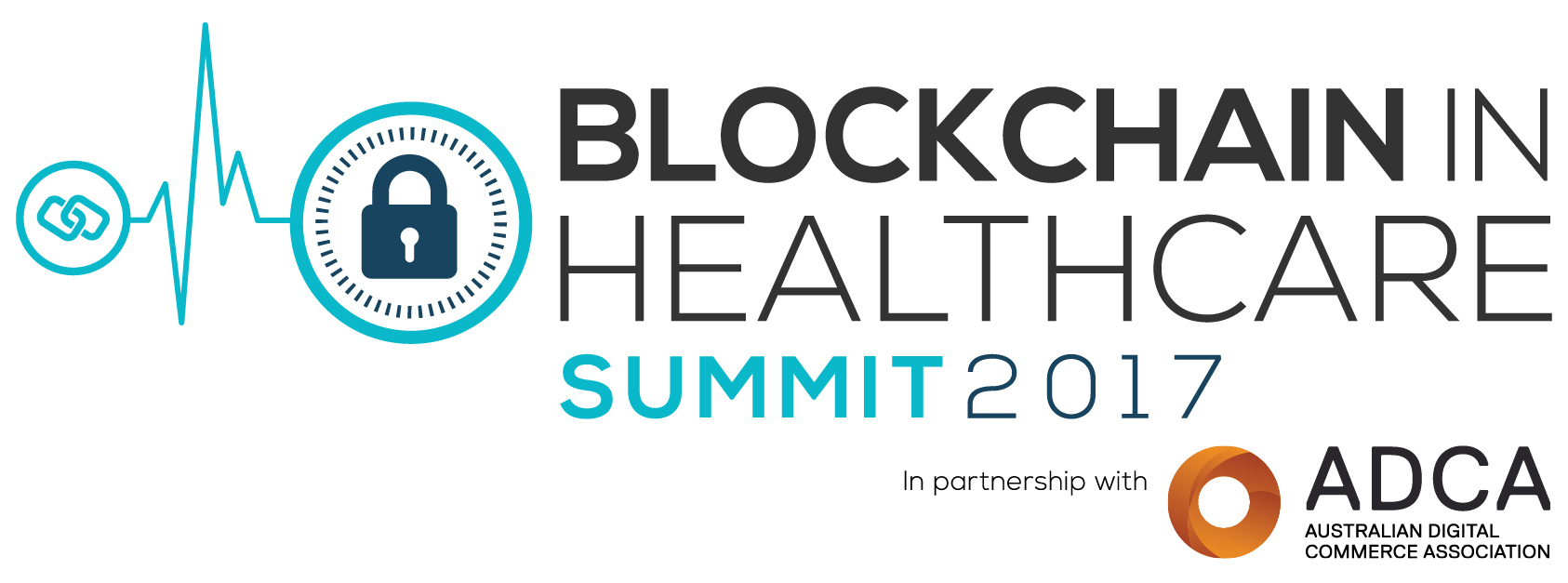
An ingenious invention and IT buzzword, blockchain is overhauling industries with its secure data access technology. Now it’s set to solve one of healthcare’s biggest problems.
Described as a new backbone for the internet, blockchain stores data across a network, eliminating points of vulnerability that computer hackers can exploit. It’s this tech security solution that can help healthcare democratise data.
It can do this by allowing digital information to be distributed beyond silos.
“Through a decentralised approach, blockchain has the potential of having secure data that can be accessed and engaged with,” said Tal Rapke, CEO of healthcare blockchain startup, ScalaMed.
He will address next month’s Blockchain in Healthcare Summit, speaking on how to leverage the technology for the healthcare and pharmaceuticals industry.
Many in the healthcare IT space are exploring blockchain’s potential: MIT recently trialled an e-health record system using blockchain, and IBM and the US’s FDA now have a research agreement on blockchain for healthcare.
This year also saw the first government-hosted blockchain healthcare hackathon in the US.
From simplifying healthcare payments to identifying counterfeit pharmaceuticals and ensuring the integrity of clinical trial data, here are four reasons to use blockchain.
1. EHR Interoperability
Blockchain can enable secure and seamless access to e-health records, controlled by patients and integrating health data from countless sources. As patients create more of their own data, they expect more control over its use and access. “Instead of giving all my healthcare data to Google and Apple, I may instead put it in a decentralised ledger, where I can give access to various people at various times, and decide who uses it on what condition,” Rapke said. It would save time for both patients and doctors, and simplify management of patients on multiple drugs and with complex treatment.
2. Ensure pharmaceutical authenticity
Counterfeit pharmaceuticals are a significant problem in the developing world and an emerging threat in Australia. Using blockchain, pharmaceutical companies can log and authenticate each step in their supply chain, increasing transparency and ensuring the provenance of medications. Already, the MediLedger Project is linking manufacturers, distributors, hospitals and pharmacies in a blockchain system to register, verify and transfer pharmaceuticals securely.
3. Secure clinical trials
By providing secure access to EHRs, blockchain could provide clinical researchers with a census-level pool of medical data for research. Patients who consented would have their data shared, and once de-identified, it would help researchers easily gain population-level insight into treatment and outcomes. Blockchain could also track and audit clinical trial results as they are produced, solving the problem of how to ensure clinical data is authentic.
4. Smart contracts and outcome-linked healthcare
Healthcare is a pay-for-service model; a doctor prescribes a treatment at a set cost. Blockchain simplifies payments and with the use of smart contracts has the potential to encourage health outcomes by linking them to payments. A doctor prescribes blood pressure medication to a patient with hypertension. Using an IoT blood pressure monitor and smart contracts through the blockchain, additional incentivised payments could automatically be made when a patient achieves a target blood pressure. By automating payments with smart contracts, blockchain has the potential to cut the billing and administration costs that suck up a significant share of healthcare funding. “A lot of things are very manual, but if you can automate with smart contracts, it’s a much smarter, efficient way of handling how funds flow around the system,” Rapke said.
Rapke is scheduled for a session at the Blockchain in Healthcare Summit next month, titled ‘’Leveraging blockchain technology for the healthcare and pharmaceuticals industry”. Other speakers include Australian Digital Health Agency Medicine Safety Program Director Vicki Ibrahim, Estonian eHealth Foundation Expert, Peeter Ross and Hashed Heath Chief Executive Officer John Bass.
To get more insight into the practicalities and benefits of blockchain for the healthcare sector, don’t miss the inaugural Blockchain in Healthcare Summit 2017, 24 – 25 October in Melbourne.
By Joshua Hoey
